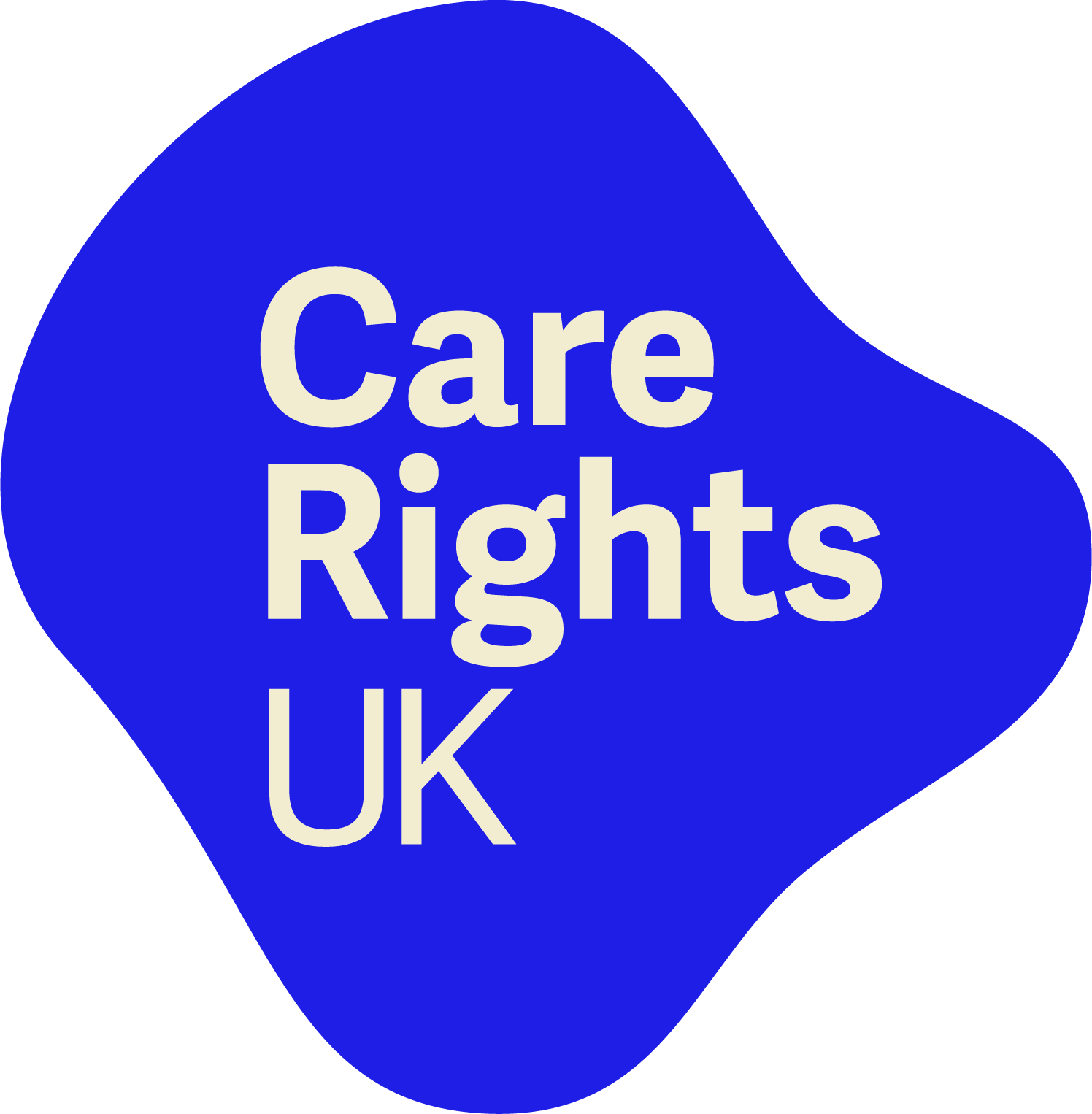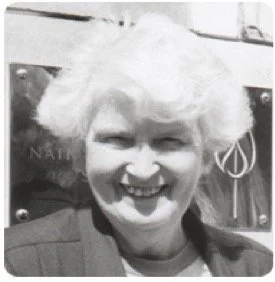Memories of Dorothy White - an early member looks back
Dorothy White, founder of the Relatives and Residents Association (now Care Rights UK)
Written by Joanna Lyall, November 2024
”October marked the centenary of the birth of Dorothy White, founder of the Relatives and Residents Association, now Care Rights UK. She would certainly have made a feisty and very focused centenarian and one wonders what she would have thought of the care of older people in homes now.
She had a long standing interest in the wellbeing of older people and gave evidence to The Royal Commission on Care of the Elderly only months before her death from breast cancer in November 1998, aged 74. A retired civil servant she set up the Relatives and Residents Association in July 1992, hoping to improve the quality of life for people in care homes, provide a voice for them at national level and support networks for relatives. Her 90-year-old mother had gone into a home following a series of strokes and Dorothy realised what an emotional endurance test many relatives faced.
“My mother cared greatly about social justice and felt this group of people had no representation,” said her son Kevin White, former Director General of Human Resources at the Home Office.
“She said to us ’I need the home to know people care about how Granny is looked after’. She wanted a sort of voice by the bedside,” he said.
At the organisation’s first conference in November 1992, the broadcaster, Mavis Nicholson described her distress at seeing her mother dressed in mismatching clothes which were not her own and the powerlessness she and her sister felt. Others spoke of lack of information about homes, difficulty in meeting fees and doubts about staffing levels at night. Many calls to the organisation’s adviceline - often staffed by Dorothy in the early days - referenced feeling guilty and not knowing how to approach the home about their concerns.
I had joined the organisation as a member as soon as I heard about it when my 83-year-old mother had been in a nursing home for two years, following a severe stroke. Everything said at that first conference had huge resonance and I greatly admired Dorothy’s energetic, and effective championship. And her humour. She seemed to combine understanding of policy issues with rigorous practicality. Long evening phone calls about home management were punctuated with great laughter.
“Dorothy had an indomitable spirit,” said Baroness Nicholson, contributing to the obituary in The Independent (4th February 1999): “Her enchanting personality was matched by a lifetime of hard work. Thousands of elderly people have benefited from her energy and wisdom and thousands will in the future.”
After she graduated from LSE in 1945, Dorothy worked for the Ministry of Health and after a career break following the birth of her third son, she rejoined the civil service at the Department of Education and Science where, at one time, she was an adviser to Margaret Thatcher. “She did not share her politics but admired the way she respected her staff at all levels,” said Kevin White.
As well as founder president of The RRA she was a director of the charity Counsel and Care for the Elderly and Barnet Care and Support Services. She was awarded an OBE in 1992 . In 1997 she won £3,500 from the Guardian Jerwood Award for excellence among small charities. She asked that the money be put towards publishing the guide to good practice produced by the RRA.
The guide, Involving Relatives and Friends: A Good Practice Guide for Homes for Older People, by Julia Burton-Jones, the RRA’s development worker, appeared in 2001 with a review in the journal Nursing Older People describing it as “a super book, detailed, straightforward and well illustrated”.
Last month (October 24th 2024) economist Sir Andrew Dilnot, who chaired the 2011 Commission on the Funding of Care and Support, told Radio 4’s Rethink programme he thought social care suffered from being “slightly invisible”. MPs had told him the lack of political action was because the issue did not often come up in their postbags.
“By the time families get to the end of a social care journey they are often so exhausted that rather than campaigning to get something done about this completely inadequate system they tend to rest for a little bit,” he said.
Remembering many visits to my mother’s nursing home in the 1990s, I wondered what the experience might have been like more recently.
A friend whose mother died, aged 96, in 2019 after 10 years in the same nursing home said the experience of supporting her came as a complete shock. She spoke of worries about her mother’s cleanliness, discovering a bed sore the staff had not noticed, years of muddled invoices, concerns over night staffing and lack of effective management.
“I had assumed once my mother settled we would pay and my role would just be regular visiting. But I couldn’t have been more wrong,” she said, crying at some of the recollections.
She remembered her mother’s jumpers being shrunk out of all recognition, all of her jewellery, including her wedding ring disappearing and a battle to get curtains which would block out the light and keep heat in the room.
“It took endless emails to get the simplest thing done and I yearned for a manager who would know about my mother’s care. Or a key worker I could always refer to. For the first three years the home seemed well managed but for the remaining seven there seemed to be no good management. Or customer focus.”
An endurance test indeed. And proof, if any were needed, that Care Rights UK must push on. And I should remain a member. “
Joanna Lyall is a journalist writing on health and social care.

